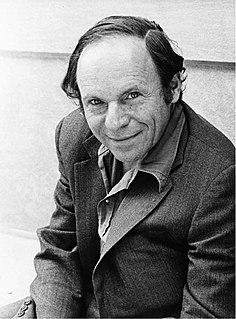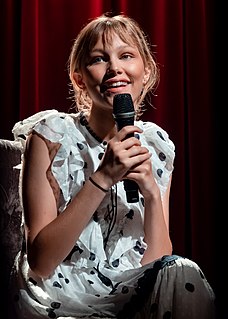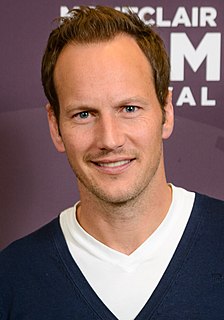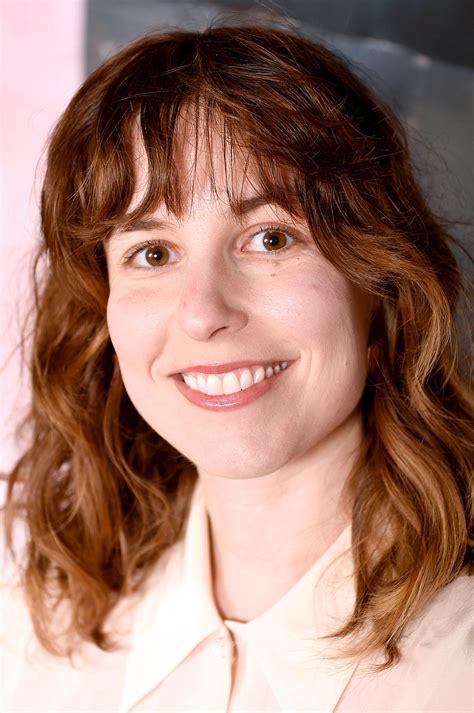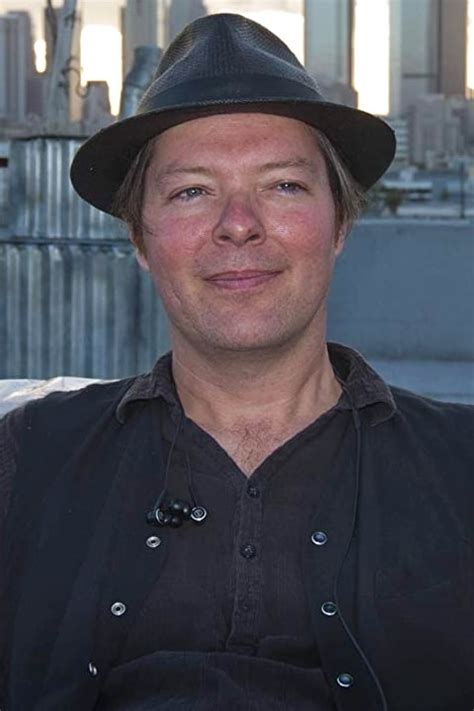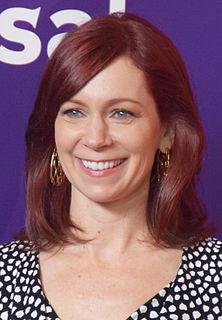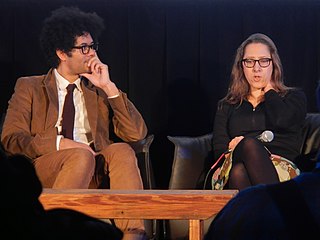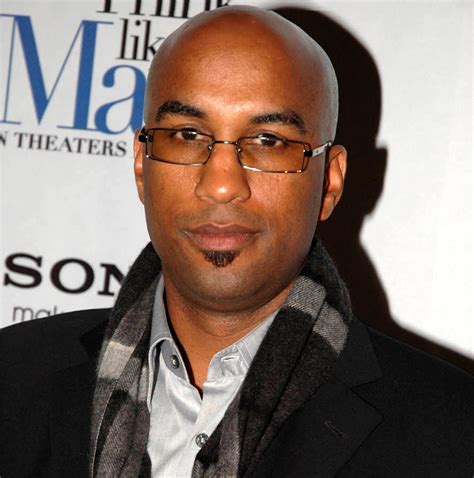A Quote by Philip Morrison
When we were shooting the movie, and of course in the editing room we had to make choices, but the shots fall almost exactly where we thought they would. They're not about content; they're never meant to be about what just happened. There's that weird phenomenon where the more you like a movie the more your mind wanders and goes all over the place.
Related Quotes
A lot of people started asking me about this woman director thing, which I never thought about before. And I'd never really thought about how there aren't really many female directors. I knew it, but I'd never really sat down and thought about the implications of that, and what it meant for a woman to make a movie, and how it's viewed differently when a woman makes a movie about women.
You never have any idea where your movie's going to go when you're shooting - you're in this little bubble. Everything you care about is getting the next step right: getting the script right, finding the right actors, shooting it. Then you spend half a year in a dark room editing your film, and you don't talk to anybody.
I watched a lot of movies from all over the world. The Russians were very good at editing. They were specialists in editing. The Man with a Camera, if you know that movie, is incredible. I still don't understand how it works. It's a movie with no script, no actors and still it works. It's really good. It's really about editing.
The incident itself happened in London, but because we were all based at the time in Los Angeles we moved it there. Certain details are almost exactly like the true experience, but we decided to make the film more of a thriller, in the hope that it would reach a bigger audience. That's why it's called "Selling Isobel" and not "Selling Frida." We didn't want to make a dark, depressing "movie-of-the-week."
Directors typically have three choices - you do a studio movie and get a paycheck up front, you do an independent movie, which is for your heart and you don't get paid up front and probably don't make any money on it, but it hopefully goes to Sundance and is more of an art movie, and then you do TV.
All three parts of filmmaking [writing, shooting, editing] contribute to rhytm. You want the script to be a tight as possible, you want the acting to be as efficient as possible on the set, and you have enough coverage to manipulate the rhythm in the editing room, and then in the editing room you want to find the quickest possible version, even if it's a leisurely paced film. I definitely in filmmaking more and more find writing and directing a means to harvest material for editing. It's all about editing.
'True Blood' is shot on film. It's more like a movie, and they take more days to shoot it, plus it has an hour of content. 'The Good Wife' is network. They're shooting on HD. It moves quicker and they only have forty minutes of content instead of a full hour. Not to mention the difference of shooting, you know, rated-R stuff!
I don't really like those sorts of actresses who say, 'I don't want to make that movie,' but they make the movie. They just spend their time not liking being on a set and I just think it's absurd, because we are so lucky to do this job. When you accept to make a movie, just make the movie. And then it's more easy for relationships.
I wanted to do something that dealt with more of paranormal techniques that wasn't a horror movie. It is an action movie that deals with a special operations group. But if a Tier One team went in to take out Bin Laden today, if you had those kind of abilities, of course you would use that kind of group. And it was more going into that arena. And I wanted to make it feel more like, grounded, as if we had this ability.
He [Bogie] had tremendous character and a great sense of honor and would not tolerate lies, even if they asked him what he thought of a movie. We were once at a screening at somebody's house, I forget whose, and they ran a movie that he was in, that he never thought much of. Afterward, the producer asked what he thought of it, and Bogie said "I think it's a crock." And this producer was horrified! He was about to release the movie, and he said to Bogie "Why would you say that?!" Bogie shrugged and said "Then don't ask me." He never played the schmoozing game. He was not into that at all.
